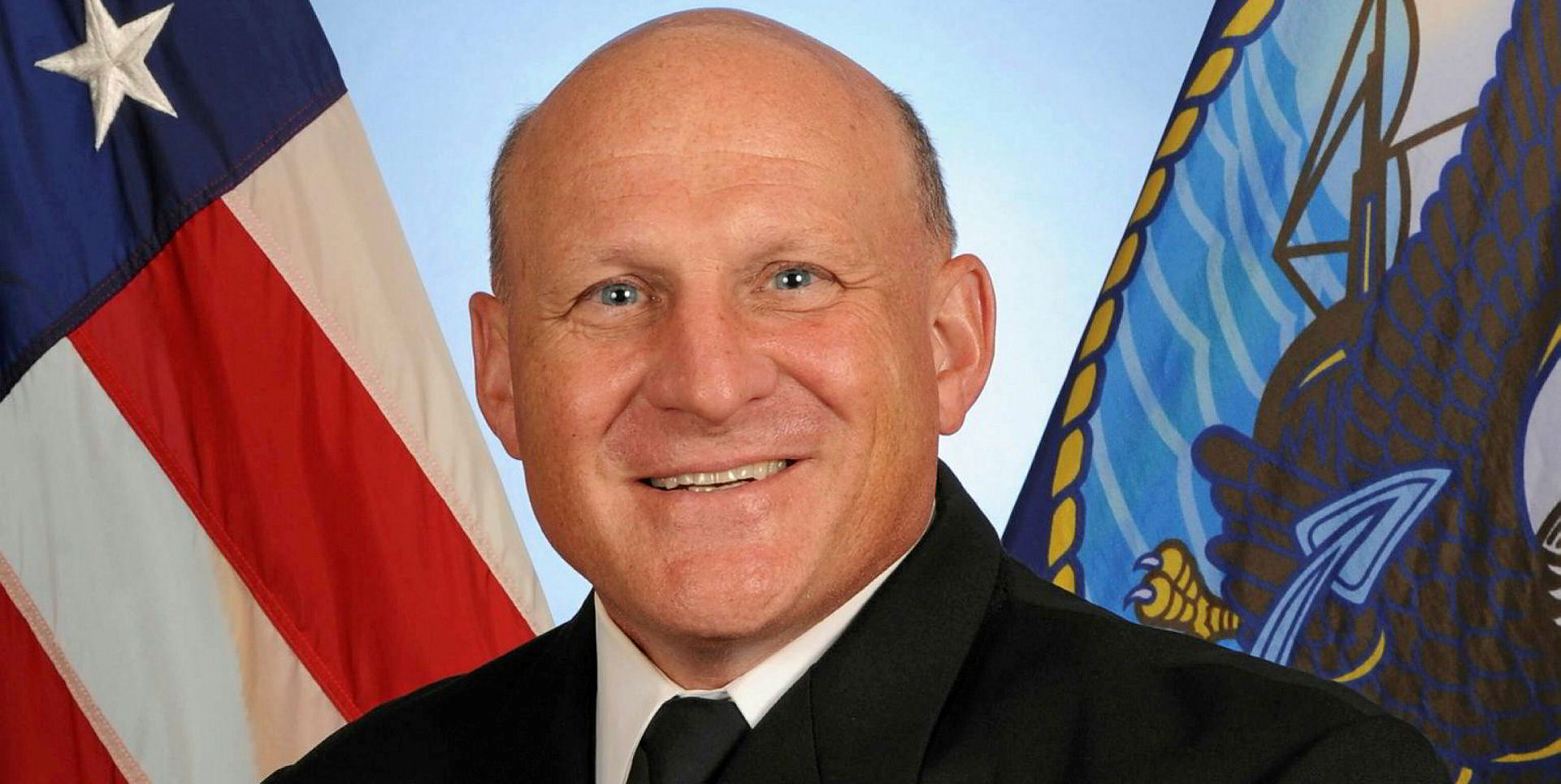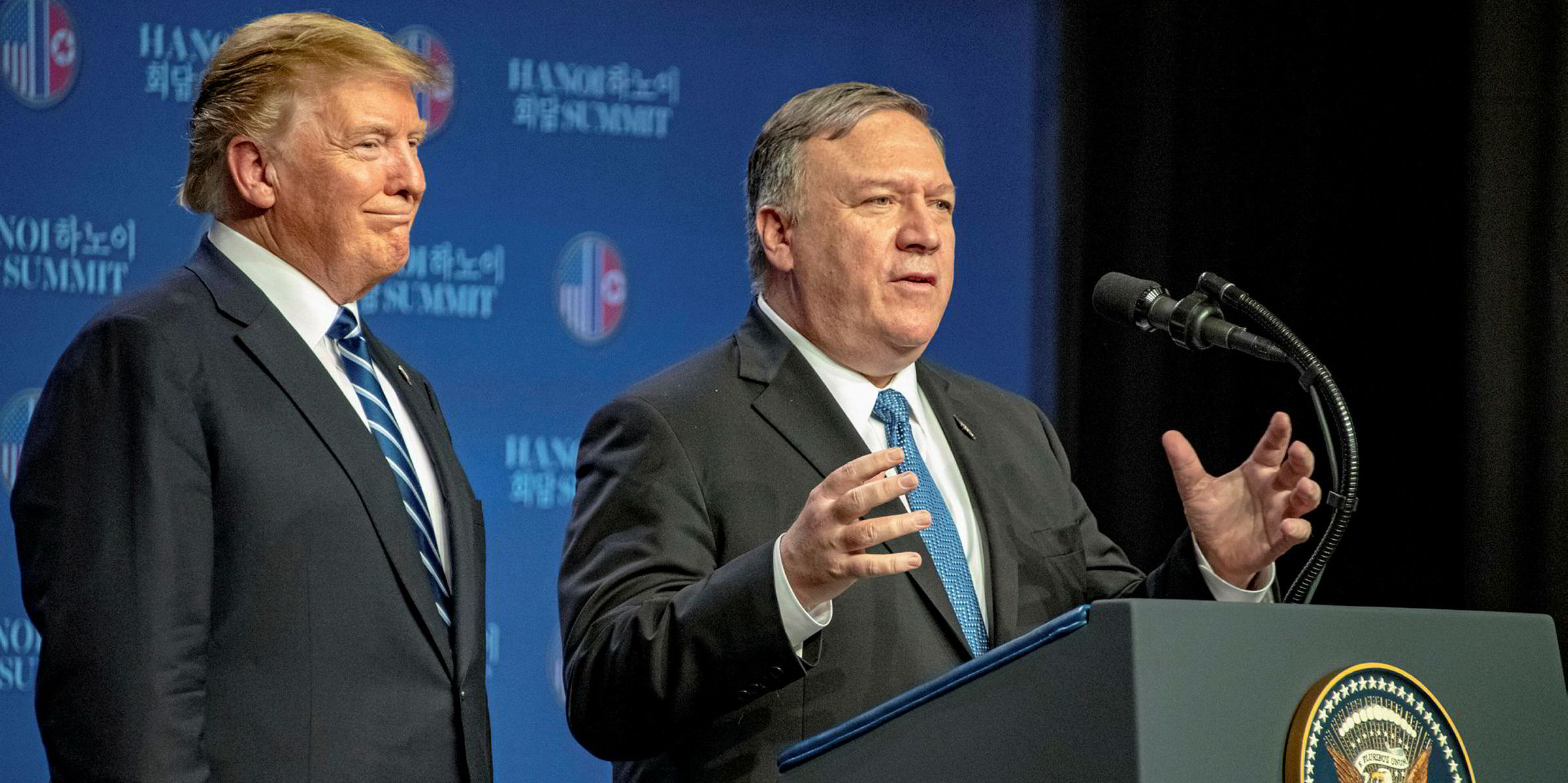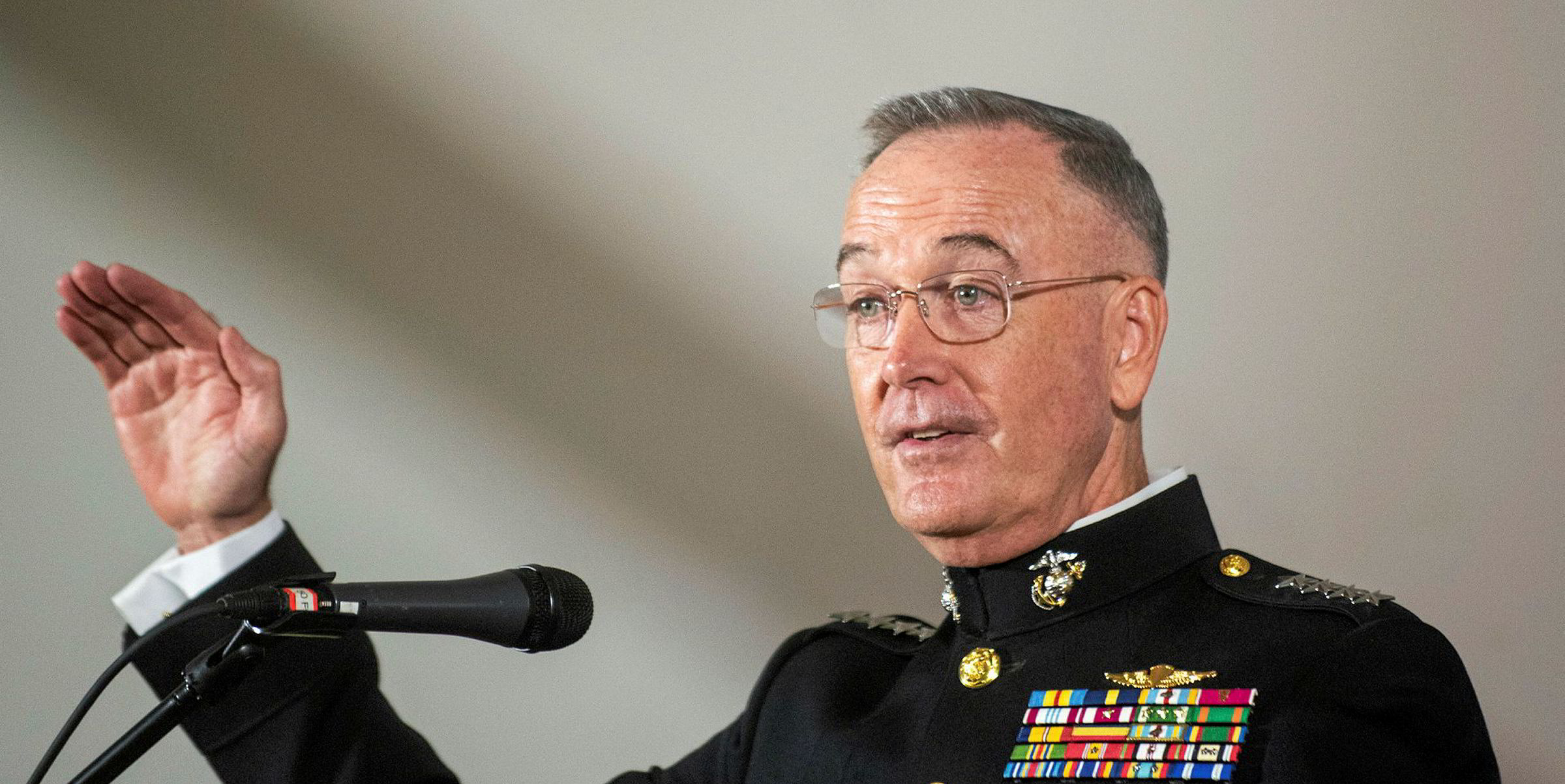Those signing on to the US-backed coalition to protect commercial shipping in and around the Strait of Hormuz will be doing most of the work, a top Navy officer told Senators Tuesday.
Vice Adm. Michael Gilday told members of the Senate Armed Services Committee that the coalition pitched 10 July to ensure freedom of navigation in the politically sensitive, economically critical region would be "an 80 or 90 percent coalition effort and a much smaller US effort."
"[The US would be] primarily focused on providing intelligence for the rest of the coalition," said Gilday, who was testifying as part of the confirmation process to be President Donald Trump's chief of naval operations.
"We will escort our ships as they come along, but there won't be great numbers. The idea is for the regional partners to bear the lion's share of the burden."
Tensions in the region, through which a substantial portion of the world's seaborne oil passes each day, have been steadily rising since May, when four tankers were allegedly sabotaged.
The next month two tankers were attacked, with the US quickly blaming Iran, which denied involvement.
In early July, the UK would seize the Ukrainian-flagged 300,600-dwt Grace 1 (built 1997) in Gilbraltar, where it is still held under suspicion it was carrying oil to Syria. Iran threatened retaliation and, on 19 July, seized a UK-flagged tanker and briefly detained a second ship.
Two UK Royal Navy, the HMS Montrose and the HMS Duncan, are already in the area, escorting UK-flagged ships.
The US plan, as laid out by chairman of the Joint Chiefs of Staff James Dunford, would see the coalition protect coalition-flagged ships with the US providing command ships and leading surveillance efforts.
Already, Germany and India have declined to join, with Germany reportedly concerned about potentially being drawn into a shooting war and India said to be worried about its economic ties to Iran.
India, though, will keep warships in the region.
Few US-flagged ships trade in the region, though companies with ties to the US do operate in it.





